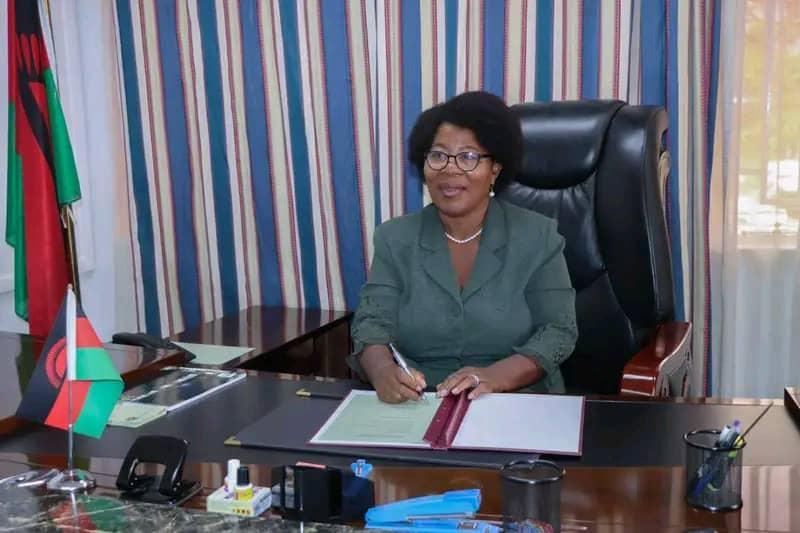Africa-Press – Malawi. President Arthur Peter Mutharika’s Executive Order No. 01 of 2025, directing the relocation of key government institutions from Lilongwe to Blantyre and Zomba, has sparked mixed reactions — hailed by some as a move towards administrative efficiency, yet questioned by others as a glaring oversight of the Northern Region, particularly Mzuzu.
According to the order issued on October 10, 2025, four major government bodies — the Malawi Communications Regulatory Authority (MACRA), Malawi Housing Corporation (MHC), Malawi Electoral Commission (MEC), and Malawi Prison Service (MPS) — will be relocated from Lilongwe. MACRA, MHC and MEC will move to Blantyre, while the MPS will be headquartered in Zomba.
Mutharika’s directive, citing the need for “strategic realignment and equitable regional development,” is framed as an attempt to decentralize governance and promote balance in the distribution of state institutions. The President argues that Blantyre and Zomba have existing infrastructure capable of hosting the relocated offices without operational disruption.
Under the order, the relocation process is to begin immediately and conclude within three months, with the Chief Secretary mandated to oversee implementation and the Treasury directed to provide logistical and financial support.
A Justified Move for Administrative Balance
Analysts sympathetic to the administration say the decision aligns with long-standing calls to decongest Lilongwe, where most major institutions have been concentrated since the capital’s establishment in 1975.
They argue that placing regulatory and service institutions like MACRA and MHC in Blantyre — Malawi’s commercial hub — could improve coordination with the private sector, enhance service delivery, and reduce operational bottlenecks.
Similarly, relocating the Prison Service to Zomba is seen as a return to historical administrative roots, given the city’s experience in managing justice and correctional systems.
“This decision shows a President willing to act, not just talk, about decentralization,” noted a governance expert at the University of Malawi. “For too long, Lilongwe has been the administrative choke point. Moving these agencies will distribute growth more evenly.”
The Mzuzu Question
But the decision’s silence on Mzuzu — the Northern Region’s only city — has raised eyebrows and accusations of selective regionalism. Critics question how an order justified as “equitable regional development” could ignore an entire region.
“What kind of balance excludes the North?” asked one commentator. “You cannot speak of national equity while centralizing everything in the Southern Region. Mzuzu deserves at least one major institution.”
Mzuzu residents and civil society groups have long complained that the North is often left out of major government projects and appointments. Many argue that relocating at least one key institution to the region would have symbolized inclusivity and addressed decades of perceived marginalization.
Some policy observers also caution that the relocation could reinforce economic disparities, given that Blantyre already hosts many corporate headquarters and Zomba retains several legacy government departments.
Political Undertones
Beyond administrative logic, political analysts see the move as strategically advantageous for Mutharika’s Democratic Progressive Party (DPP), whose electoral strongholds lie in the South. By relocating powerful institutions closer to home, the DPP may be strengthening its bureaucratic and political foothold.
“Let’s be honest — politics is never far behind such decisions,” said a political scientist in Lilongwe. “The President has rewarded regions that voted for him. The exclusion of Mzuzu cannot be dismissed as coincidence.”
The Road Ahead
Implementation of the relocation is expected to face logistical challenges, from staff transfers and infrastructure adjustments to ensuring uninterrupted public service delivery. The order mandates interim operational arrangements during the transition to prevent service gaps.
Yet the larger question persists: Can a government preach national balance while visibly tilting southward?
As the dust settles, Mutharika’s directive will test whether this is a bold vision of decentralization — or just another chapter in Malawi’s long history of regional inequality disguised as reform.
For More News And Analysis About Malawi Follow Africa-Press






